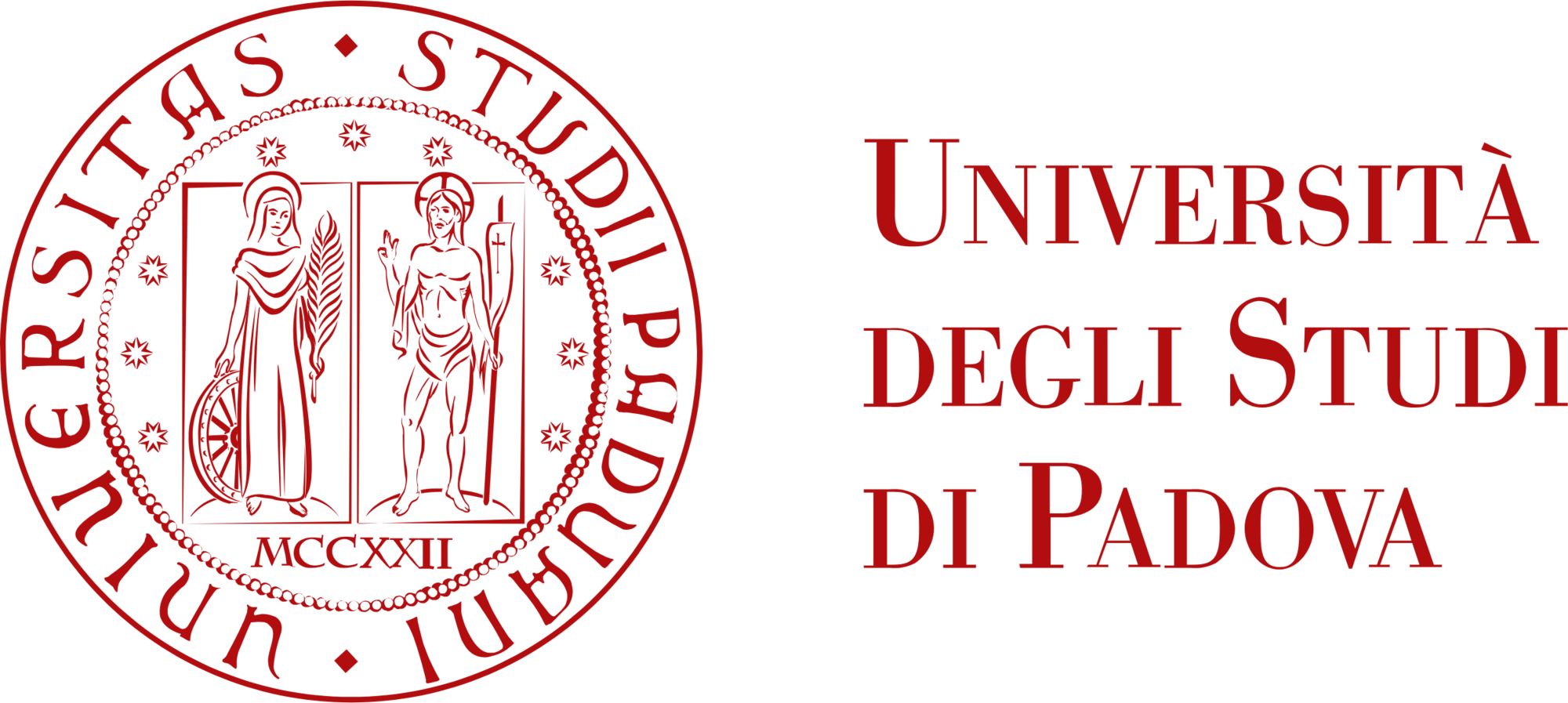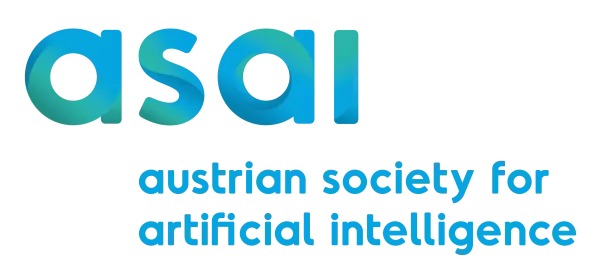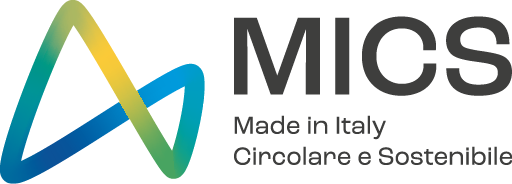Call for Papers
| Important dates | |
|---|---|
| Paper Submission | July 17, 2025 |
| Paper Notification | August 11, 2025 |
| Camera ready | September 30, 2025 |
| Early registration | September 3, 2025 |
| Standard registration | October 12, 2025 |
| Workshop | October 25-26, 2025 |
Overview
Configuration is a special type of design approach where the product being configured is composed from instances of a set of predefined component types that can be combined in ways defined by a set of constraints. This task requires powerful knowledge representation formalisms and acquisition methods to capture the variety and complexity of configurable products. Furthermore, efficient reasoning methods are required to support intelligent interactive behavior, solution search, satisfaction of user preferences, personalization, optimization, reconfiguration, and diagnosis.
Topics of interest
Workshop topics include but are not limited to the following ones:
- Configuration Problems and Models. Definitions of configuration, reconfiguration, distributed configuration. Definitions of product, process, system, service configuration. Structure of configuration problems. Knowledge representation, ontologies, fuzzy and incomplete knowledge, standardization of catalog exchange formats, feature models. Representations for product and process configuration, product design and configuration.
- Techniques for obtaining and/or maintaining Configuration Models. Knowledge acquisition methods, cognitive approaches, machine learning, data extraction methods, ontology integration, reconciliation of knowledge bases, knowledge elicitation, testing and debugging configuration knowledge bases, knowledge understanding.
- Reasoning Methods. Constraint satisfaction problems (CSPs) and extensions, preference based reasoning, description logics, rules, case-based reasoning, SAT-solving, Answer Set Programming (ASP), local search, genetic algorithms, neural networks, problem decomposition, optimization, multi-criteria optimization, symmetry breaking, cooperative configuration processes, explanations, distributed problem solving, benchmark proposals, knowledge-based recommendation, knowledge compilation.
- Intelligent User Interfaces and Business Process Integration. Personalization, explanations, recommender technologies, configuration web services, related software architectures, distributed configuration. Integration into the production and selling process, Configuration for pick-to-order, assemble-to-order, make-to-order, engineer-to-order. Product configuration and mass customization.
- Applications and Tools. Configuration tools, design tools, application reports, new application domains such as the Internet of Things (IoT), case studies, real-world challenges, test environments for configuration knowledge bases, configuration in related fields such as software configuration, service composition, and model-driven engineering, Environments for feature model development and maintenance, design theories for applications and tools.
Reconfiguring Systems and Practices for Sustainability: An Integrated Approach
Pushing the boundaries of reconfiguration strategies for sustainability
The urgent global challenges of environmental crises and resource scarcity necessitate a fundamental shift toward more sustainable production and consumption models. In particular, transitioning from a linear to a circular production model is increasingly recognized as essential for corporate survival and competitiveness in European markets (link to the European agenda). Accordingly, the special focus will encompass two key analytical perspectives:
(a) AI-Driven Reconfiguration of Products, Processes, and Systems: This perspective explores how these technologies can address sustainability challenges and drive practical solutions that generate positive environmental, economic and societal impact. Investigating how AI techniques facilitate reconfiguration to meet sustainability goals, with a particular emphasis on modular design approaches, reconfigurable manufacturing systems, and AI-based diagnostic tools.
(b) Reconfiguring Production and Consumption Practices: This perspective includes examining how new drivers—such as emerging technologies, evolving meanings, and skill transformations—are introduced and integrated into existing practices. Analyzing to what extent the reconfiguration of production and consumption practices interrelates and and how targeted interventions can initiate self-reinforcing cycles of sustainable change.
The special focus welcomes studies from various sectors (e.g., mobility, energy, furniture, and fashion) where system and practice reconfiguration are either actively taking place or holds significant potential to accelerate the transition toward sustainability. We welcome theoretical frameworks, methodological advancements, and reviews that contribute to a deeper understanding of reconfiguration strategies for sustainability and circularity.
Researchers and practitioners are encouraged to share theoretical insights, practical applications, and technological innovations that advance the design and implementation of reconfiguration strategies, fostering more sustainable and adaptive systems. As well as research that address the following themes (but not limited to):
- Reconfiguration Strategies and Tools: approaches for integrating sustainability into production systems, including modular design, reconfigurable manufacturing systems (RMS), and adaptive business models.
- Flexible and AI-Driven Technologies: the role of artificial intelligence (AI) and flexible production systems in reconfiguring processes, products, and supply chains for improved efficiency and sustainability.
- Sustainability Constraints in Configuration Problems: methods for embedding eco-efficiency, resource optimization, and recyclability into decision-making frameworks.
- Advanced AI Techniques for Reconfiguration: applications of genetic algorithms, SAT-solving, and Answer Set Programming (ASP) to support dynamic and sustainable system reconfiguration; AI-driven anytime diagnosis and adaptive systems responding to evolving sustainability regulations and disruptions in supply chains.
- Evaluation Metrics and Impact Assessment: frameworks for measuring the effectiveness of reconfiguration initiatives at various scales.
- Circular Economy and Reconfiguration: case studies on product life extension, repairability, reusability, and remanufacturing through reconfiguration strategies.
Paper Submission
- Full papers must be between 10 and 30 pages (including references).
- Position statements and problem instances can be submitted as short papers and must be between 5 and 9 pages (including references).
- Published articles: It is possible to submit already published or submitted articles. In that case, submit both a one-page abstract (600 words) and the article, and take note that the article will not be included in the proceedings. A limited number (max 4) of already published articles will be accepted.
Full and short papers submitted to ConfWS 2025 must be original. The submission, or a highly similar version of it, cannot have been published or accepted in a journal or another conference proceedings. Further, submissions must not be concurrently under consideration for publication or presentation elsewhere. In this case, consider to submit your work as a published article (one-page abstract).
Each submission will be subject to peer review by at least two members of the program committee. Refereeing criteria are relevance to workshop topics, significance and novelty of the research, technical content, discussion of relationship to previous work, and clarity of presentation. A contribution submitted as a full paper may be accepted as a short paper, if the program committee considers it to be inadequate for a long full paper but to present an important issue.
Website submission: Papers should be submitted to EasyChair.
Formatting guidelines: Both full and short papers must be formatted in PDF according to the new CEUR-ART style using the one-column template.
- Overleaf template
- Latex, DOCX, ODT templates (If the link doesn’t work, right-click, copy the link address, and paste it into a new browser tab.)
Latex users should modify the following code placed at the start of the Latex document as follows:
\copyrightyear{2025}
\conference{ConfWS'25: 27th International Workshop on Configuration, Oct 25--26, 2025, Bologna, Italy}
Word users should modify the same information at the bottom of the first page.
Publication: The proceedings will be published in the CEUR Workshop Proceedings library.
At least one author of each accepted paper must register and present the paper in ConfWS’25 in order for the submission to be published.
Best Paper Award
ConfWS’25 again plans Best Paper Awards. Two papers will be recognized:
- The best paper.
- The best PhD student paper.



